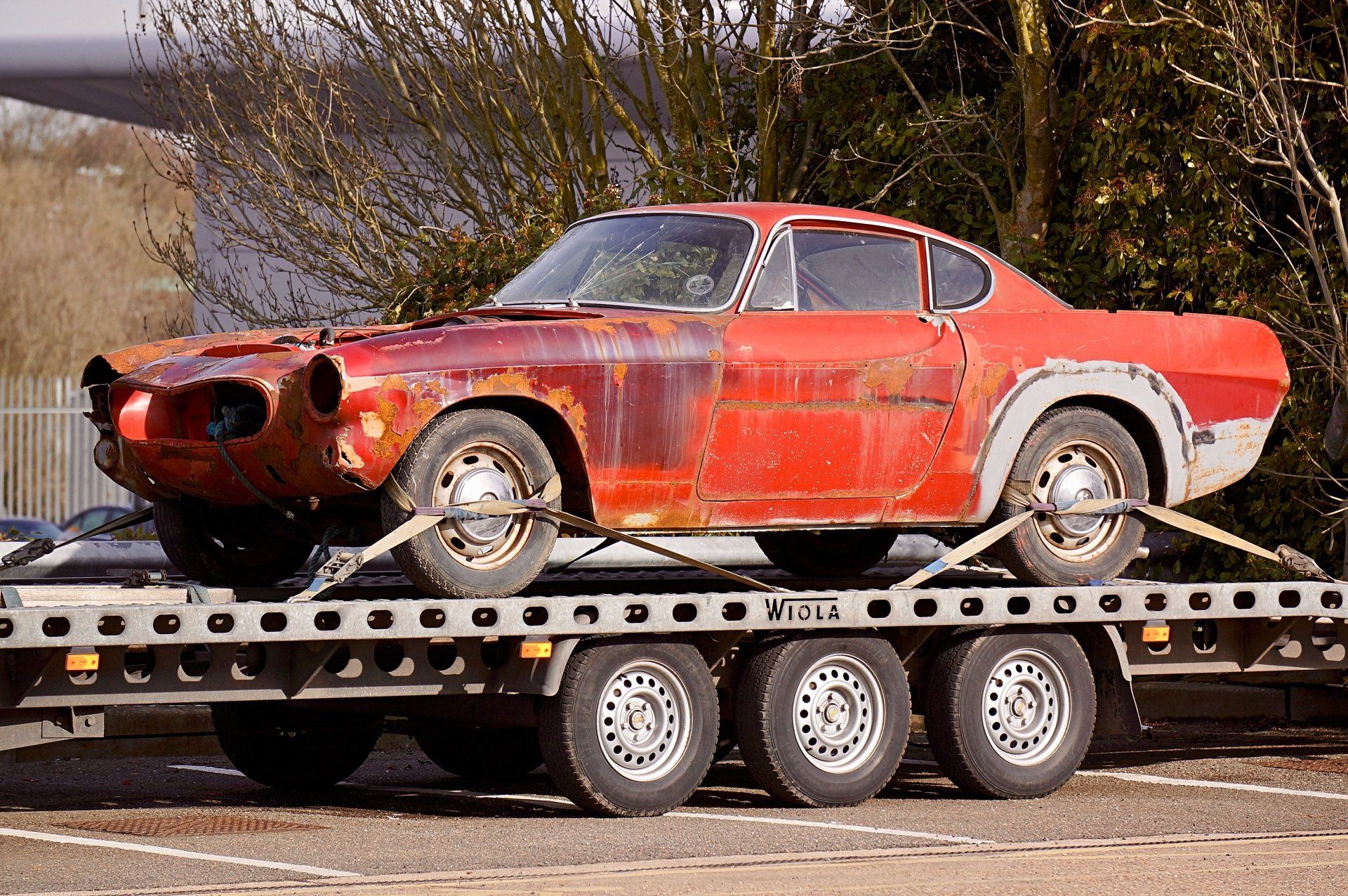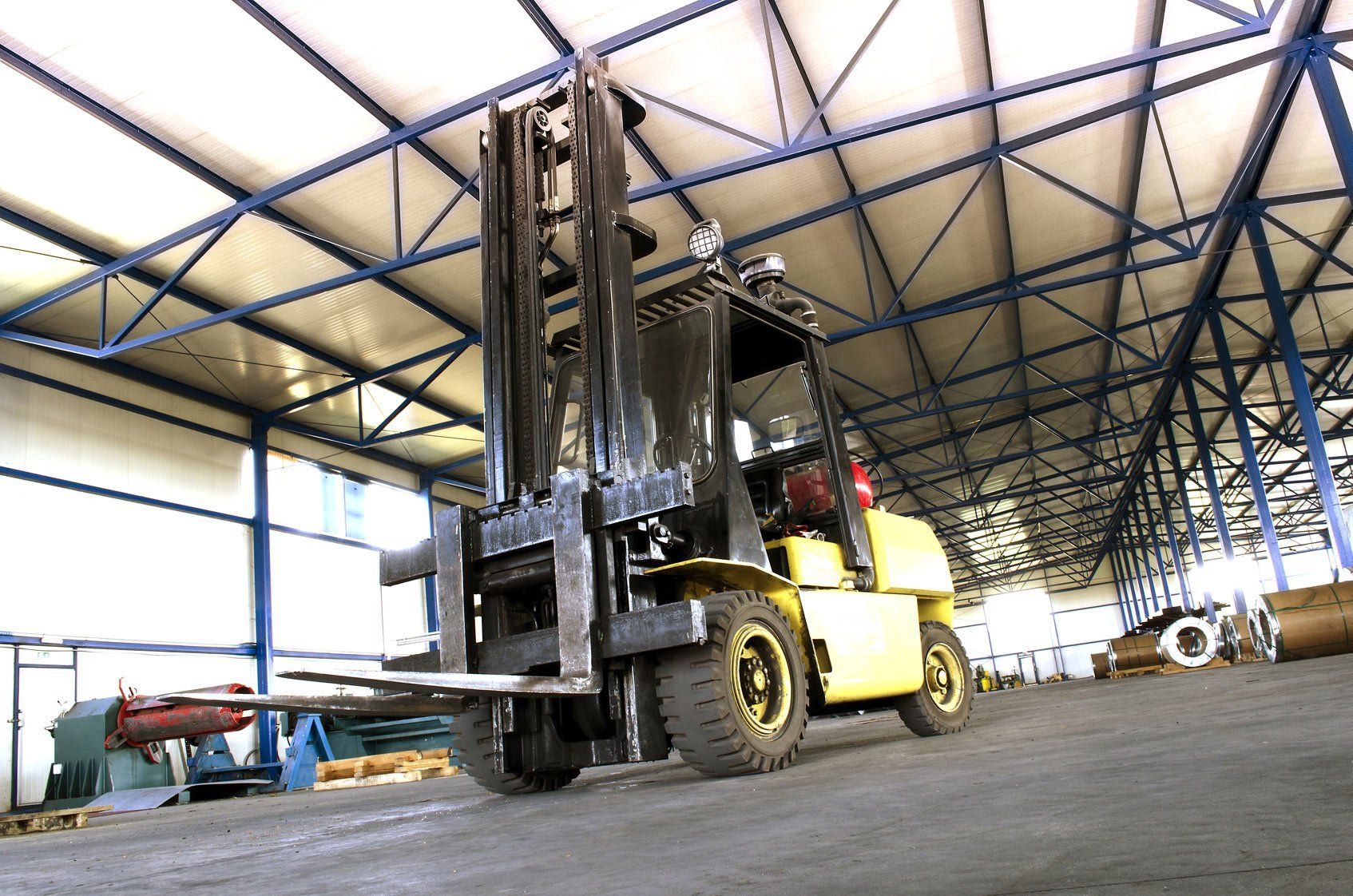Winter Towing Safety Tips for Denver Drivers
Denver's winter season brings its own set of challenges for drivers, particularly when it comes to towing and vehicle recovery. The frigid temperatures, snow-packed roads, and icy conditions demand heightened awareness and preparedness. In this article, we'll delve into essential winter towing safety tips, focusing on the unique requirements of Denver's winter conditions. Our insights are rooted in first-hand experiences and reliable sources, ensuring that you receive advice that's not only helpful but trustworthy.
Essential Tips for Safe Towing and Vehicle Recovery During Denver's Winter
Understanding Denver's Winter Conditions
Before embarking on any towing task during winter in Denver, it's crucial to have a clear understanding of the local weather conditions. Denver experiences heavy snowfall and temperatures that can plummet well below freezing. These conditions can create hazardous road surfaces, reduce visibility, and affect vehicle performance.
Prepare Your Vehicle
Inspect Your Vehicle: Ensure your vehicle is in optimal condition. This includes checking the battery, brakes, tires, and heating system. For towing in winter, specifically, ensure your vehicle's towing capacity is adequate for the job at hand.
Winter Tires: Equip your vehicle with winter tires. These tires are designed to provide better traction, handling, and braking in cold, snowy, or icy conditions.
Emergency Kit
Carry an emergency kit that includes items such as blankets, a flashlight, a first-aid kit, a shovel, and sand or cat litter for traction if stuck.
Towing Equipment and Setup
Use Suitable Towing Equipment: Ensure the towing equipment is suitable for the weight and type of vehicle being towed. This includes tow straps, chains, and tow bars.
Check Connections: Double-check all connections and towing setups. In winter conditions, it's even more critical to ensure everything is securely fastened and functioning properly.
Driving Safely While Towing
Reduced Speed: When towing in winter conditions, reduce your speed to account for the increased weight and altered handling characteristics of your vehicle.
Increased Following Distance: Maintain a greater distance than usual from the vehicle ahead, as stopping distances can be significantly longer when towing in icy or snowy conditions.
Gentle Maneuvers: Execute all driving maneuvers gently. Abrupt turns or hard braking can lead to skidding or jackknifing.
Be Aware of Surroundings
Plan Your Route: Before you leave, plan your route and check traffic and weather updates. Avoid roads that are known to be problematic in winter weather.
Visibility: Ensure your vehicle's lights are clear of snow and ice for maximum visibility. Use your headlights to increase your visibility to other road users.
Know When to Seek Professional Help
If you're not confident in your towing abilities or if the conditions are beyond your expertise, it’s wise to call a professional towing service. In Denver, many towing services are equipped and trained to handle the unique challenges of winter towing.
Winter Towing Tips, Denver Towing Service, Safe Towing Practices
Winter Towing Tips
Regular Maintenance: Regularly maintain your towing equipment. This includes checking for any signs of wear and tear, especially before the winter season.
Practice: If you're new to towing, practice in a safe and controlled environment before attempting to tow in harsh winter conditions.
Denver Towing Service
Local Expertise: Utilize a local Denver towing service that understands the specific challenges of towing in the area's winter conditions.
24/7 Availability: Look for services that offer 24/7 availability, as emergencies can occur at any time, especially in winter.
Safe Towing Practices
Training: Consider receiving formal training in towing and recovery. This can provide you with the skills and confidence needed to tow safely in various conditions.
Stay Informed: Keep abreast of the latest towing regulations and safety practices. This is particularly important in a city like Denver, where weather conditions can change rapidly.
FAQs
Q: What should I do if my vehicle gets stuck while towing in the snow?
A: If your vehicle gets stuck, use sand or cat litter for traction under the tires. Avoid spinning your tires excessively, as this can make the situation worse. If you cannot safely recover the vehicle, call a professional towing service.
Q: How important is it to have winter tires for towing in Denver?
A: It's extremely important. Winter tires provide better traction, handling, and braking in cold, snowy, or icy conditions, which is essential for safe towing in Denver’s winter.
Q: Can I tow with a two-wheel-drive vehicle in Denver's winter?
A: While possible, it's generally safer to use a four-wheel-drive or all-wheel-drive vehicle for towing in snowy and icy conditions due to their better traction.
Q: Should I adjust my driving style when towing in winter conditions?
A: Yes, adjust your driving style by reducing your speed, increasing your following distance, and making gentle maneuvers to accommodate the added weight and altered vehicle dynamics.
Towing in Denver's winter conditions requires a combination of proper vehicle preparation, suitable equipment, safe driving practices, and an awareness of your surroundings. Always prioritize safety over haste, and don't hesitate to seek professional assistance if the situation becomes too challenging. By adhering to these guidelines, Denver drivers can navigate the winter towing landscape with confidence and security.






